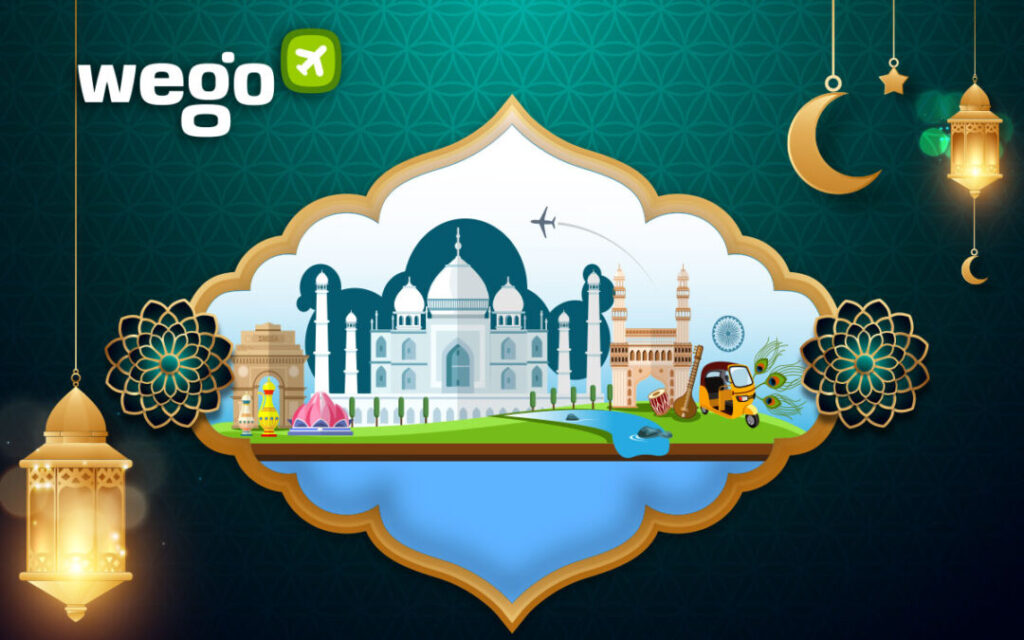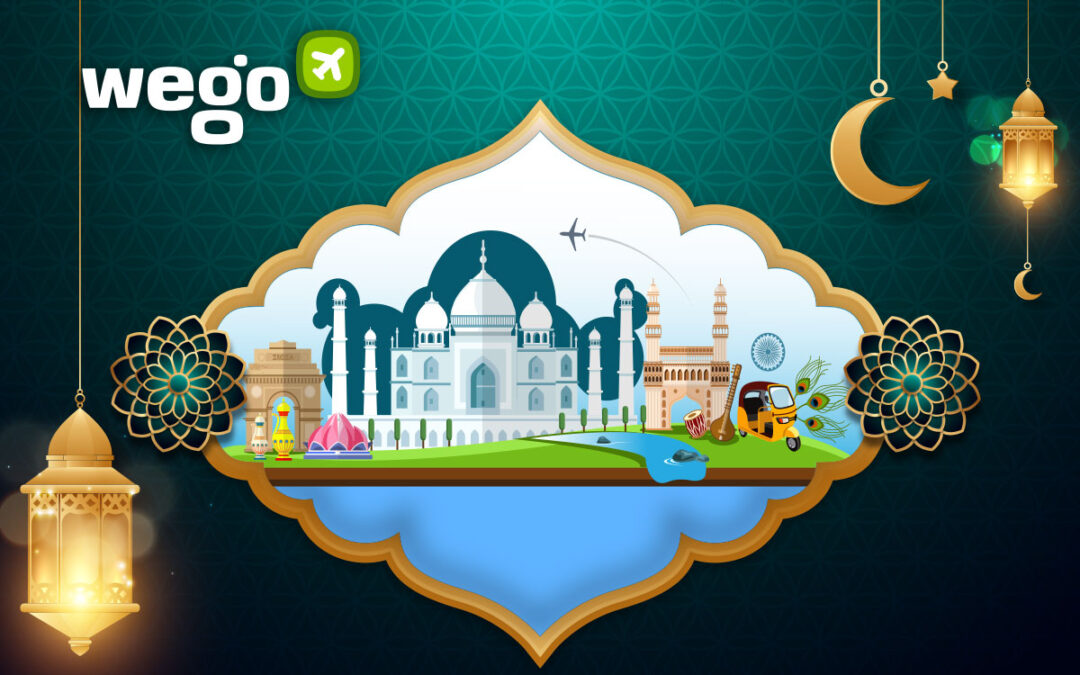
Unveiling Eid al-Adha 2025: Meaning, Significance, and Global Celebrations
Eid al-Adha, one of the most significant festivals in the Islamic calendar, marks a time of profound spiritual reflection, community, and celebration. As we approach Eid al-Adha 2025, understanding its meaning becomes increasingly important. This article provides a comprehensive exploration of Eid al-Adha 2025, delving into its historical roots, religious significance, traditional practices, and contemporary celebrations around the world. We aim to offer unparalleled insight into this sacred occasion, helping you appreciate its depth and relevance in today’s world.
Understanding the Core Meaning of Eid al-Adha
At its heart, Eid al-Adha commemorates the unwavering faith and obedience of Prophet Ibrahim (Abraham) to God. The story recounts Ibrahim’s willingness to sacrifice his son, Ismail (Ishmael), as an act of submission to God’s will. However, God intervened, providing a ram to be sacrificed instead. This act of divine intervention is central to the Eid al-Adha 2025 meaning.
The festival is not merely a retelling of this historical event; it’s a profound reminder of the importance of sacrifice, devotion, and trust in God. Muslims worldwide reflect on these values during Eid al-Adha, striving to emulate Ibrahim’s unwavering commitment to faith. The sacrifice of an animal, typically a sheep, goat, cow, or camel, symbolizes this willingness to give up something valuable for the sake of God.
Beyond the individual act of sacrifice, Eid al-Adha also emphasizes the importance of charity and compassion. A significant portion of the sacrificed animal is traditionally distributed to the poor and needy, reinforcing the spirit of sharing and community solidarity. This act of giving ensures that those less fortunate can also partake in the joy and blessings of the festival.
The Significance of Sacrifice (Qurbani)
The practice of Qurbani, or sacrifice, is a central pillar of Eid al-Adha. It’s not simply about the act of slaughtering an animal; it’s a symbolic representation of surrendering one’s ego, desires, and worldly possessions to God. The meat from the sacrificed animal is divided into three parts: one for the family, one for relatives and friends, and one for the poor and needy. This distribution ensures that the blessings of Eid are shared with the entire community.
Spiritual Reflection and Renewal
Eid al-Adha is a time for deep spiritual reflection and renewal. Muslims are encouraged to spend time in prayer, contemplation, and remembrance of God. It’s an opportunity to strengthen their faith, reaffirm their commitment to Islamic values, and seek forgiveness for their shortcomings. Many Muslims also use this time to reflect on their relationships with family, friends, and community members, striving to improve these bonds and foster greater understanding and harmony.
Eid al-Adha 2025: Dates and Observances
Eid al-Adha is celebrated on the 10th day of Dhu al-Hijjah, the twelfth month of the Islamic lunar calendar. The exact date of Eid al-Adha varies each year depending on the sighting of the new moon. For Eid al-Adha 2025, astronomical predictions suggest that it will likely fall around late June or early July. However, the official date will be confirmed by religious authorities closer to the time, based on the lunar sighting.
The celebrations typically last for three to four days, during which Muslims engage in various religious and social activities. These include:
- Eid Prayers: Special congregational prayers are held in mosques and open spaces on the morning of Eid.
- Qurbani (Sacrifice): Animals are sacrificed in accordance with Islamic tradition.
- Feasting and Sharing: Families and friends gather for festive meals, sharing food and gifts.
- Visiting Relatives and Friends: Strengthening family ties and fostering community bonds are an integral part of Eid celebrations.
- Giving to Charity: Helping the poor and needy is a fundamental aspect of Eid al-Adha.
Global Celebrations of Eid al-Adha: A Tapestry of Traditions
While the core religious observances of Eid al-Adha remain consistent across the Muslim world, the specific traditions and customs vary from region to region, creating a rich tapestry of cultural expressions. These variations reflect the diverse cultural heritage of Muslim communities around the globe.
Celebrations in the Middle East
In many Middle Eastern countries, Eid al-Adha is a major public holiday, with elaborate feasts, family gatherings, and cultural performances. Traditional dishes, such as roasted lamb and rice-based delicacies, are prepared and shared. In some countries, people wear traditional clothing and participate in folk dances and music performances.
Celebrations in Southeast Asia
In Southeast Asia, Eid al-Adha is known by various names, such as Hari Raya Haji in Malaysia, Singapore, and Brunei, and Idul Adha in Indonesia. The celebrations often include special prayers, communal meals, and visits to relatives and friends. In some regions, traditional games and cultural performances are also organized.
Celebrations in Africa
In Africa, Eid al-Adha is celebrated with vibrant colors, music, and dance. Communities come together to offer prayers, share meals, and celebrate their cultural heritage. The sacrifice of animals is a common practice, and the meat is distributed to the poor and needy. In some regions, traditional storytelling and poetry recitals are also part of the celebrations.
Celebrations in Western Countries
In Western countries, Muslim communities celebrate Eid al-Adha while adapting to the local context. Mosques and Islamic centers organize special prayers and events. Families gather for festive meals and exchange gifts. Many Muslims also use this opportunity to educate their non-Muslim friends and neighbors about the Eid al-Adha 2025 meaning and significance.
The Spiritual and Social Impact of Eid al-Adha
Eid al-Adha has a profound spiritual and social impact on individuals and communities. It fosters a sense of unity, compassion, and generosity. By emphasizing the importance of sacrifice, devotion, and charity, Eid al-Adha encourages Muslims to live their lives in accordance with Islamic values. The festival also strengthens family ties, promotes community solidarity, and provides an opportunity to reflect on the blessings of life.
Promoting Unity and Harmony
Eid al-Adha brings Muslims together from all walks of life, transcending cultural and linguistic barriers. The shared experience of prayer, sacrifice, and celebration fosters a sense of unity and belonging. This unity extends beyond the Muslim community, as Eid al-Adha also provides an opportunity to build bridges with people of other faiths and cultures, promoting understanding and harmony.
Cultivating Compassion and Generosity
The emphasis on charity and giving during Eid al-Adha cultivates compassion and generosity among Muslims. The distribution of meat from the sacrificed animal to the poor and needy ensures that those less fortunate can also partake in the joy and blessings of the festival. This act of giving inspires Muslims to be more mindful of the needs of others and to contribute to the well-being of their communities.
Strengthening Family Ties
Eid al-Adha is a time for families to come together, strengthen their bonds, and celebrate their shared heritage. Family gatherings, festive meals, and the exchange of gifts create lasting memories and reinforce the importance of family values. This emphasis on family ties helps to create strong and supportive communities.
Eid al-Adha in the Modern World: Adapting to Contemporary Challenges
While the core values and traditions of Eid al-Adha remain timeless, the way the festival is celebrated has evolved in response to contemporary challenges. Modern technology, globalization, and changing social norms have all influenced the way Muslims observe Eid al-Adha in the 21st century.
The Role of Technology
Technology plays an increasingly important role in Eid al-Adha celebrations. Muslims use social media to connect with family and friends, share greetings, and participate in online discussions about the festival. Online platforms also facilitate charitable giving, allowing people to donate to worthy causes from anywhere in the world. Furthermore, various apps and websites provide information about the date of Eid, prayer times, and other relevant details.
Addressing Ethical Concerns
In recent years, there has been growing awareness of ethical concerns related to animal welfare during Qurbani. Many Muslims are now seeking more humane and sustainable ways to perform the sacrifice, such as supporting organizations that promote ethical animal handling practices and ensuring that the meat is distributed to those who need it most. This reflects a growing commitment to aligning the practice of Qurbani with Islamic values of compassion and justice.
Promoting Interfaith Dialogue
Eid al-Adha provides an opportunity to promote interfaith dialogue and understanding. By sharing the meaning and significance of the festival with people of other faiths, Muslims can help to dispel misconceptions and build bridges of understanding. Many mosques and Islamic centers organize open houses and community events during Eid al-Adha, inviting people of all backgrounds to learn more about Islam and its traditions.
Eid al-Adha 2025: A Time for Reflection and Celebration
As we anticipate Eid al-Adha 2025, it’s essential to remember the profound meaning and significance of this sacred occasion. It’s a time for reflection on the values of sacrifice, devotion, and charity, and for celebrating the blessings of faith, family, and community. By embracing these values and traditions, we can strengthen our spiritual connection with God, foster greater unity and harmony in our communities, and contribute to a more just and compassionate world. The true essence of Eid al-Adha lies not just in the rituals, but in the transformative impact it has on our hearts and actions.

